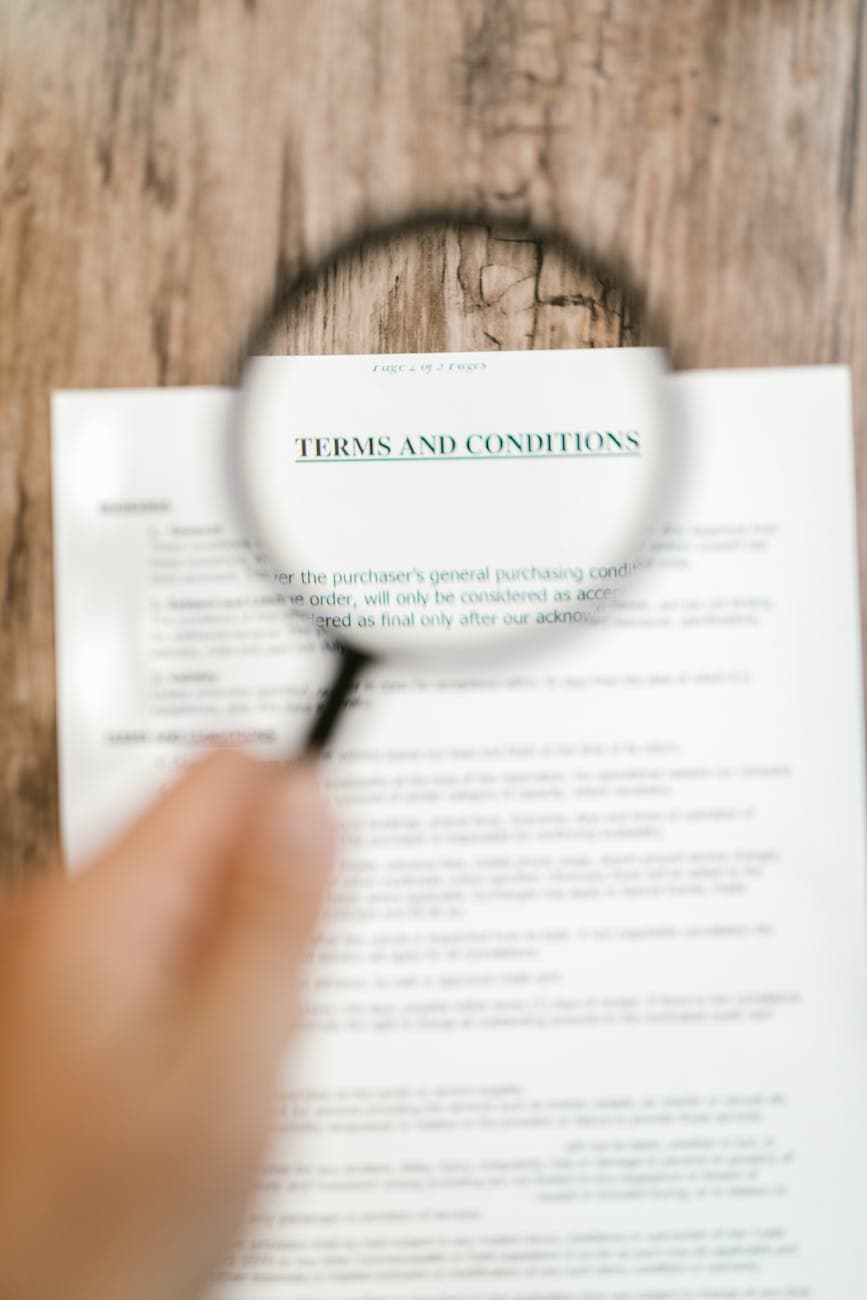Why SaaS Companies Must Respond to Every Customer Review

In the crowded realm of SaaS, where product differentiation is both vital and elusive, few assets wield as much influence over prospects as customer reviews. Review platforms like G2, Capterra, and Trustpilot have reshaped the way buyers trust and select business software. No longer is the vendor’s website alone the arbiter of credibility; increasingly, candid reviews and the visible interactions that follow are shaping purchasing behavior. While many SaaS companies invest in collecting glowing testimonials and incentivize five-star feedback, far fewer consistently engage with that feedback once it goes live. Yet in this public arena, how a vendor responds, especially in those tricky moments when a customer voices disappointment, has become as important as the review itself.
The rationale for responding to reviews, whether they are jubilant or caustic, might seem intuitive: demonstrate care, resolve issues, and showcase politeness. Yet the cumulative benefits run much deeper, transforming the perceived integrity of a SaaS brand, informing product roadmaps, even influencing search rankings and sales cycles. In a sector often accused of being impersonal and automated, the simple act of saying “thank you” or addressing criticism with restraint can powerfully humanize a brand’s identity.
Today’s SaaS buyers approach review platforms in diagnostic mode. They are not just seeking star ratings, but also clues to the company’s culture and reliability. Prospective customers pore over negative reviews with a careful eye, filtering for patterns and outliers. But what often captures their attention is the company’s response. Does the vendor ignore difficult feedback, respond defensively, or acknowledge the issue with empathy and offer a tangible solution? This interaction frequently tips the scales for buyers vacillating between close competitors.
Prompt, professional responses to positive reviews are often underappreciated. It is easy for companies to ignore praise or offer a canned reply. However, detailed, personalized acknowledgments serve multiple purposes. They reinforce the customer’s positive feelings, increasing the likelihood of upsell, cross-sell, and referrals. They show prospective buyers that satisfaction is not fleeting, but respected and maintained. Most importantly, these responses become part of the public record, a digital artifact signaling consistency and gratitude, elements that foster long-term loyalty.
The real test, however, comes with negative reviews. Here, the stakes are higher, and the opportunities more nuanced. A dismissive or formulaic reply can come off as lip service, possibly harming the brand more than silence would. On the other hand, a thoughtful response that owns the issue, outlines steps for resolution, and expresses willingness to make things right sends a clear signal. It turns an unhappy moment into a testimony of accountability and service. In an era where perfect products are rare, buyers often care less about the presence of flaws than the vendor’s commitment to fix them.
There is also a silent benefit for product teams. Reviews are a goldmine of qualitative data, surfacing real-world pain points and wish lists that surveys often miss. When companies engage sincerely in these conversations, they not only demonstrate transparency but also draw crucial feedback out of the shadows. Public dialogue around common frustrations or feature requests helps engineering teams prioritize and justify roadmap changes. There are documented stories of SaaS companies whose most impactful product enhancements originated as review-driven discussions, validating the premise that customers sometimes articulate problems more concretely than internal QA or product leads.
Operationally, companies that institutionalize review responses often see higher employee morale among customer-facing teams. When support and customer success professionals know that leadership both monitors and values public feedback, it elevates their role. Responding thoughtfully requires skill and care, the same attributes that drive strong support outcomes. Empowered teams are more likely to approach reviews as opportunities for engagement, not just chores to check off a daily list.
Some SaaS providers express concern that responding to negative reviews could draw further attention to shortcomings. They worry it will encourage more complainers or signal that issues are widespread. Paradoxically, the opposite tends to occur. A recent survey by BrightLocal found that seventy-one percent of consumers are more likely to use a business if it responds to reviews. Silence, more than engagement, raises red flags. Savvy buyers understand that no product is perfect; what they want to see is consistency in how problems are handled.
There are, of course, practical challenges. Keeping pace with multiple platforms, sifting through spam or irrelevant feedback, and dealing with vague or hostile criticism can wear down even the most resilient teams. Managers should invest in workflows and training to support these efforts, ensuring responses are timely, respectful, and actionable. Some organizations create templates for common scenarios, but the most effective responses are those that address the customer’s specific concerns and offer real avenues for resolution.
Over time, prompt and professional review engagement begins to shape not just perception, but measurable metrics. SaaS vendors report improvement in conversion rates from review platforms, greater retention among engaged customers, and, critically, more constructive criticism that empowers meaningful product improvement. The public record of empathetic, candid customer interaction serves as a kind of reputation moat, difficult for less transparent competitors to imitate authentically.
For SaaS companies eager to compete in an environment where scrutiny is fierce and word of mouth is accelerated, responding to every review is not just best practice: it is a strategic imperative. The conversation is out in the open now, and winning teams are those that participate actively, humbly, and with a relentless focus on helping the customer succeed. In the end, every review, glowing or scathing, is an invitation to forge a deeper relationship. It is a chance to turn feedback into trust, and trust into durable progress. The SaaS brands that recognize and act on this reality will not merely survive the era of radical transparency; they will set the new standard for excellence.


